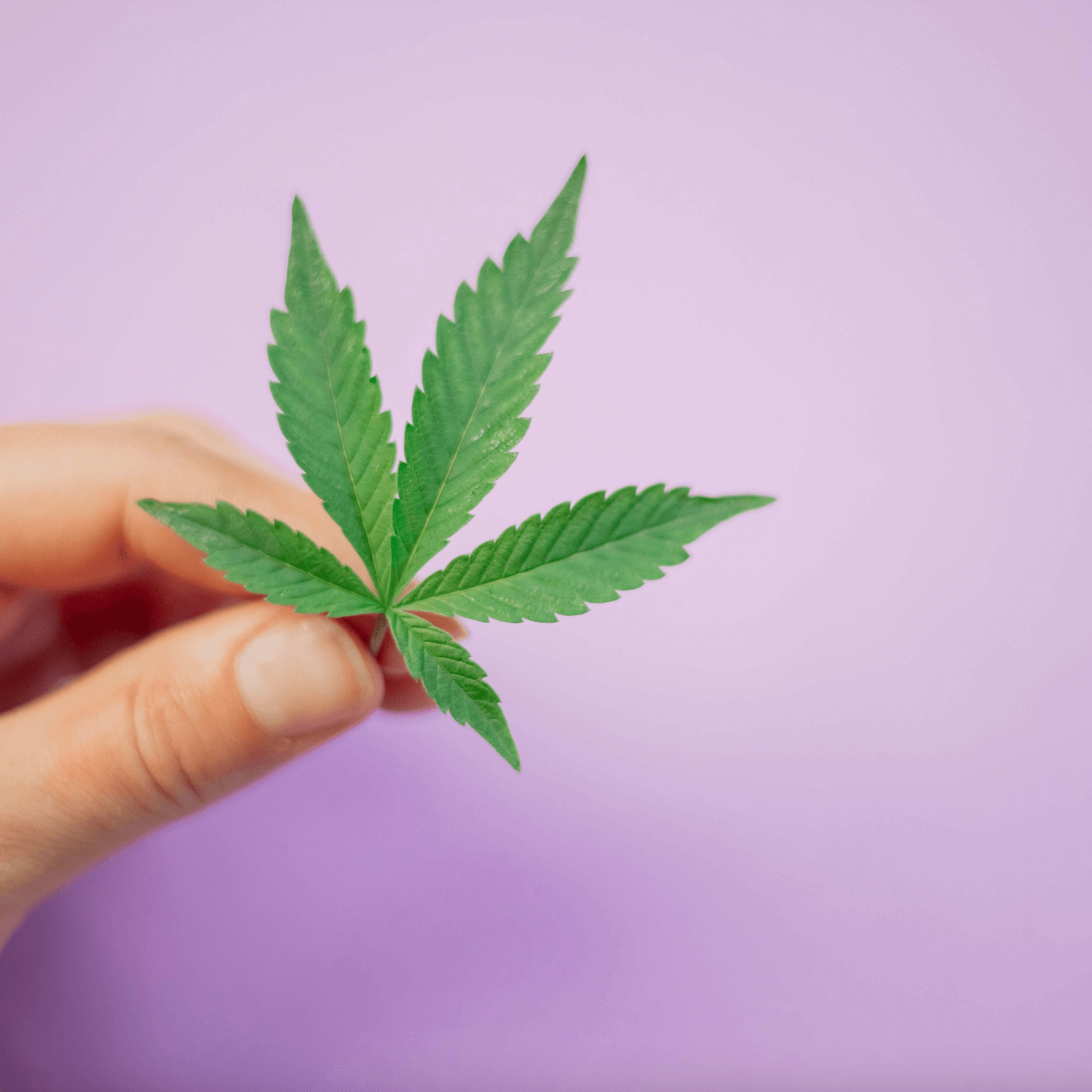My Cart
Your Cart is Currently Empty
Purchase Our CBD Range Today!

Can I become addicted to CBD products?
Cannabidiol, a.k.a. CBD, is a powerful plant extract that has been used for medicinal purposes for thousands of years. CBD is one of 113 cannabinoids extracted from a hemp plant having very low levels of THC. This allows CBD to be used in our products safely and legally. CBD Oil, is an extracted, highly concentrated solution of cannabidiol. Extraction technology allows for the extraction of CBD without the unwanted THC, giving you many of the desired benefits of medical marajuana without the “high” that THC produces. Because CBD oil does not produce the aforementioned “high”, it is not believed to be addictive nor habit forming.
Not all CBD products however, are free of THC and current scientific research suggests that heavy cannibis usage increases the chances of dependency. We suggest being aware of the different types of CBD oil and products that you’re using.
Types of CBD oil:
Full Spectrum CBD Oil - Contains all 113 cannabinoids within the marijuana plant, including THC (the only psychoactive cannabinoid). Full spectrum is easier to manufacture, because it can be emulsified, dissolved, and homogenized much more effectively - compared with an isolate. Since the isolate are difficult to dissolve in water containing media during manufacturing or consumption, they pose a risk of inconsistent delivery of active for consumers and patients alike. Since full spectrum CBD oil does contain the psychoactive ingredient, THC, if you are concerned about developing a dependency, or forming a habit, we advise you to consider broad spectrum products instead.
Broad Spectrum CBD Oil - Contains only a few cannabinoids within the hemp or marijuana plant. More beneficial than an isolate. CBD in the presence of other plant constituents improves the dose-response in a standardized hemp extract, showing it is more potent and efficacious than pure CBD isolate. Various research groups have studied a range of physiological parameters, such as analgesic effects, and have concluded that the higher efficiency of plant extract can be explained by additive or synergistic interaction between CBD, terpenes, and the minor phytocannabinoids in the extracts. This is because other phytocannabinoids, including Tetrahydrocannabivarin, Cannabigerol, and Cannabichromene exert additional effects of therapeutic interest and the therapeutic synergy observed with plant extracts results in the requirement for a lower amount of active components.
CBD Isolate - Contains only 1 cannabinoid within the plant - CBD. CBD isolate has been used for various Investigational New Drug applications. GW Pharmaceuticals has an approval pending with Food and Drug administration for a drug with CBD as the active ingredient. Historically, the active ingredients in their purified form are not allowed in any consumer or drug product upon FDA-approval. Therefore, designing a product with purified CBD, will present a challenge for manufacturers, as it will soon be illegal to use. However, designing consumer products or supplements with full-spectrum hemp oil with up to 80% CBD and no THC provides a solution to those who would want a viable and legal supply of CBD raw material in the form of a botanical extract.
Broad Spectrum 0.0%THC - That's us!! We utilize the entire marijuana plant, and remove ALL traces of THC. This means that we are utilizing all of the cannabinoids within the marijuana plant, except for THC.
CBD is understood to be a remarkably safe, non habit forming, alternative to traditional pharmaceuticals and over the counter medications. Though no serious or life threatening side effects have been found with using CBD there are some side effects to be aware of. The most common side effects of CBD include drowsiness, gastrointestinal issues, dry mouth, reduced appetite, nausea, and interaction with other medications.
Drowsiness: I’m hesitant to list drowsiness as a side effect of CBD because it is often a welcomed and desired effect. CBD has sedative qualities that are not only known to make for better, more restful sleep, but also to combat over stimulation and anxiety. The relaxing and sedating effects of CBD however, could get intense if combined with other sedative drugs. If you’re currently on other medication, make sure you ask your doctor if it’s okay to supplement with CBD.
Gastrointestinal Issues: Nausea and gastrointestinal issues are a pretty common side effect of CBD oil. This can lead to vomiting, diarrhea, dizziness and other symptoms associated with a digestive problem (think how you would feel after eating something that disagreed with you). In part, some people simply don't digest CBD oil well. This is not uncommon with oils and supplements.
Dry Mouth / Reduced Appetite: Ironically, perhaps, for a cannabis product, CBD oil has been linked to loss of appetite in some people. (Again, think eating something new that your body didn’t agree with.) Along with dry mouth, a rather non-ironic effect of a cannabis product. CBD can simply leave you feeling unpleasant after ingesting. As with most other side effects, this will pass in time.
Again CBD poses no significant side effects, but does have a few mild ones. Mild side effects will pass with time. It is important to understand CBD as medicine when it comes to adding it to your regimen. That being said, be sure to consult your doctor if you have a pre-existing health condition or take other prescription or OTC medications regularly.